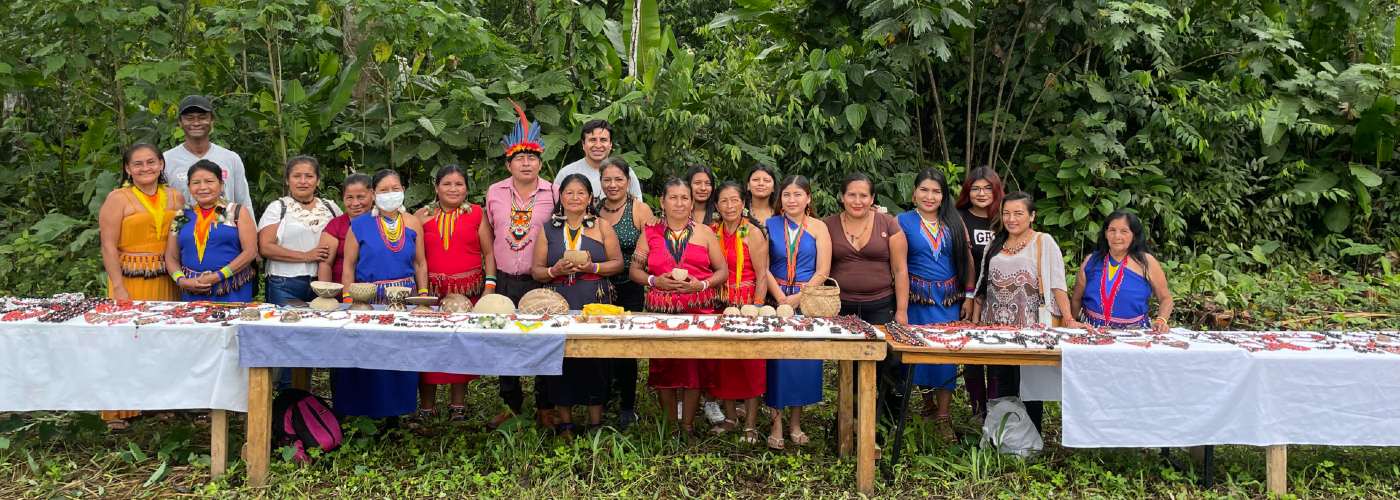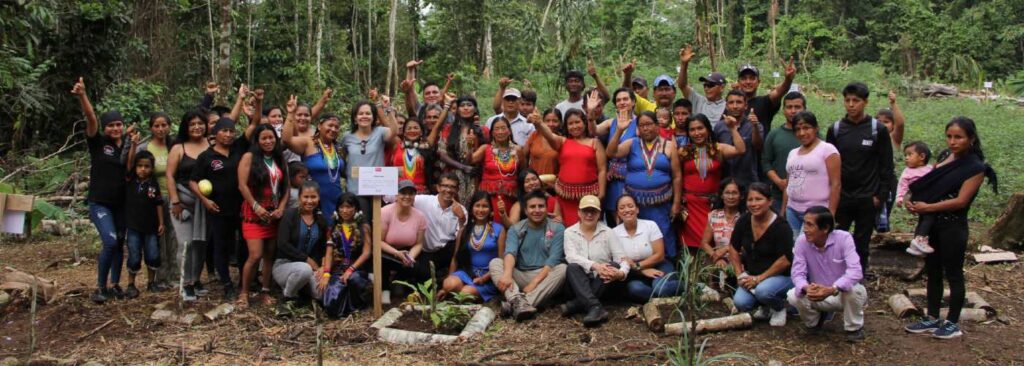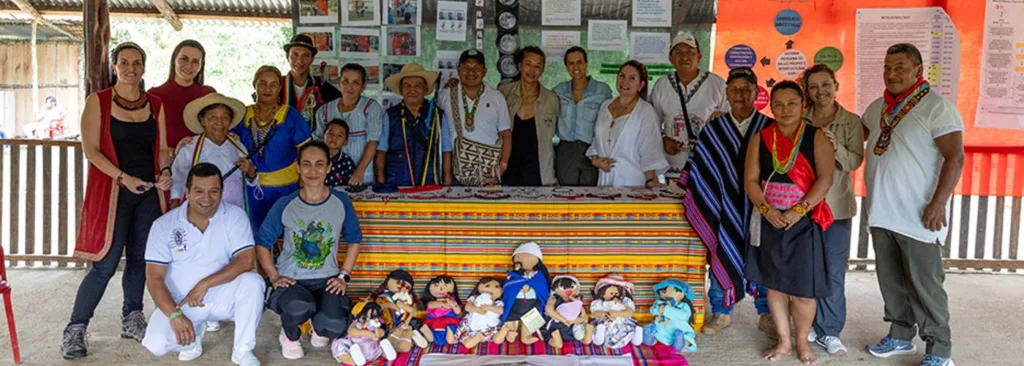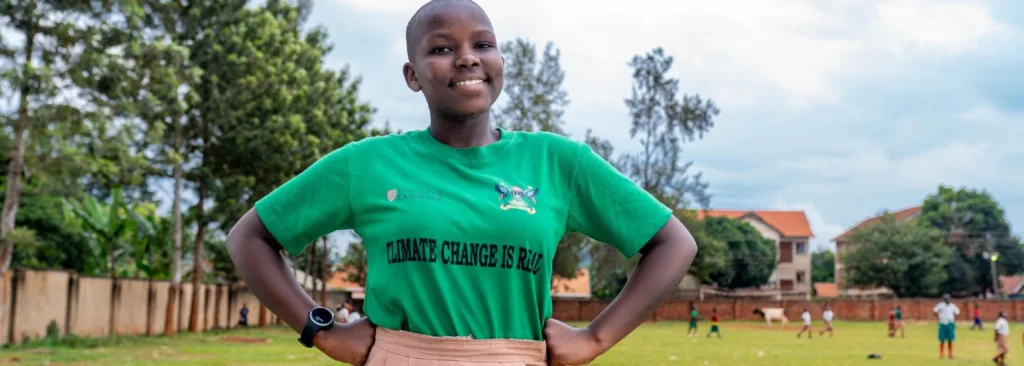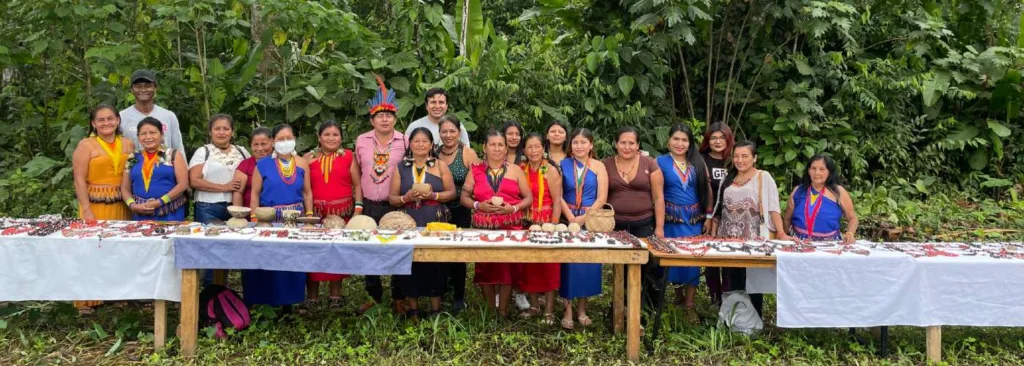This program has ended
In this project, we partner with Indigenous Peoples in the Amazon to understand their vision of climate change, and through their ancestral knowledge identify their strategies to mitigate and adapt to climate impacts on health.
Our focus is on addressing health issues by understanding and mitigating factors that impact the wellbeing of the population. Listening to the voices of Amazonian people involved in the project, we see that climate change is a global issue not caused by Indigenous communities, but rather by wealthy countries from the Global North. The climate crisis disrupts nature, creates an imbalance in annual ecological and cultural cycles, and jeopardizes the lives and health of us all.
Background
In response to the Covid-19 pandemic, we initiated the “Amazon Indigenous Health Route” project that strengthened health networks, provided training for local health workers, and promoted equitable Covid-19 vaccination programs in the region.
The initiative started in Ecuador and earned international recognition, winning the SDSN Amazonía award 2020. This catalyzed our efforts. Thanks to support from the Rockefeller Foundation, we were able to expand the project to Peru and Brazil.
In this new phase, we will focus on addressing health issues and climate change. The current project is part of the Rockefeller Foundation’s new five-year climate strategy.
How we plan to operate
In partnership with Amazon Conservation Team and Centro de Trabalho Indigenista, we aim to achieve the following objectives:
- Identify how climate change affects the health of Amazonian Indigenous peoples by analyzing perceptions, challenges, knowledge, and best practices for adaption to climate change.
- Implement culturally relevant actions for adaptation to climate change to improve the health of Amazonian Indigenous peoples.
- Share results and lessons learned to mobilize actions and resources that promote health and Indigenous communities’ resilience to climate change.
Progress so far
Together with local communities, we are developing meteorological, epidemiological, and ecological calendars to comprehend and visualize ongoing changes and assess optimal adaptation strategies.
Pilot plans have kicked off in Colombia, where we focus on maternal and infant health, climate change, and training community health and climate change agents. Future plans include initiatives in Ecuador and Brazil that will address climate-sensitive diseases, biodiversity, nutritional practices, ancestral knowledge, and water access impacts.
Where
Brazil, Colombia and Ecuador
Partner organizations
Amazon Conservation Team and Centro de Trabalho Indigenista

